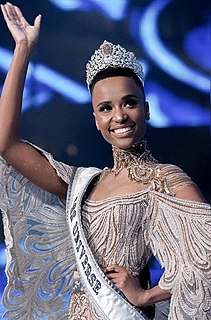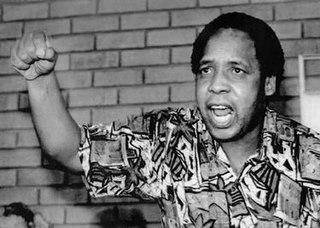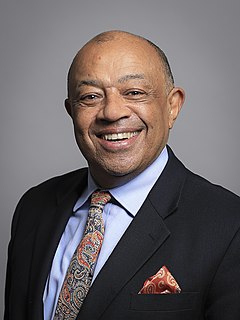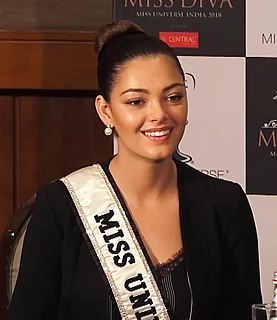A Quote by John Kani
I had to look at white people as fellow South Africans and fellow partners in building a new South Africa.
Related Quotes
When I was in government, the South African economy was growing at 4.5% - 5%. But then came the global financial crisis of 2008/2009, and so the global economy shrunk. That hit South Africa very hard, because then the export markets shrunk, and that includes China, which has become one of the main trade partners with South Africa. Also, the slowdown in the Chinese economy affected South Africa. The result was that during that whole period, South Africa lost something like a million jobs because of external factors.
I am honoured to be asked to take on this role, especially as it comes at such an integral time for our relationship with South Africa and the African continent. There shall be many new challenges and opportunities ahead and I look forward to embracing them with great anticipation [on becoming the UK's high commissioner to South Africa]
And now South Africa has finally woken up and it is doing great things. And if South Africa becomes the template to what AIDS is in the sub-Saharan continent, then all the other countries are going to follow suit. And Michel Sidibe, who spoke at the breakfast meeting this morning, was saying that there is so much hope for Africa now that South Africa has got its house in order.



































